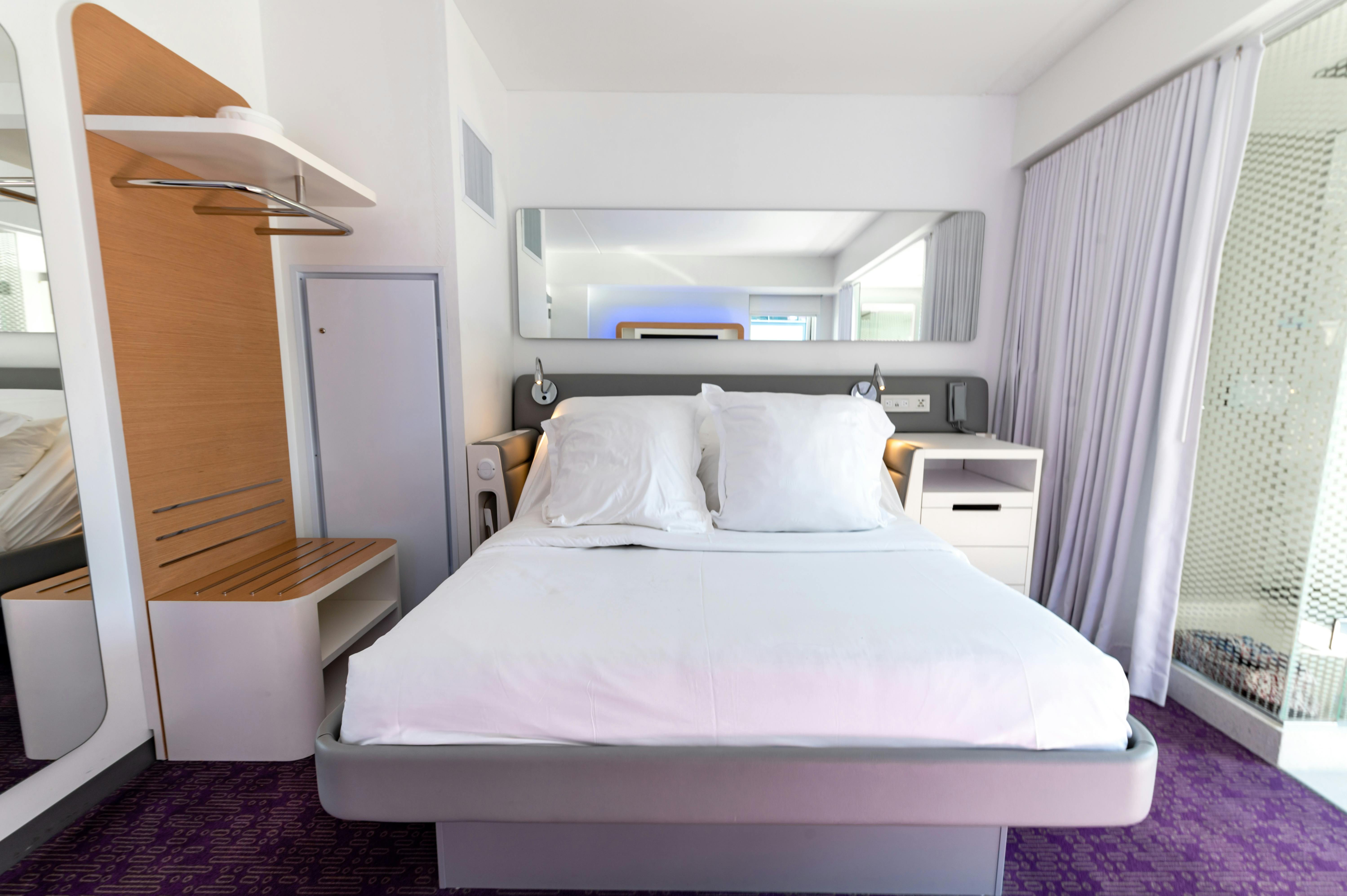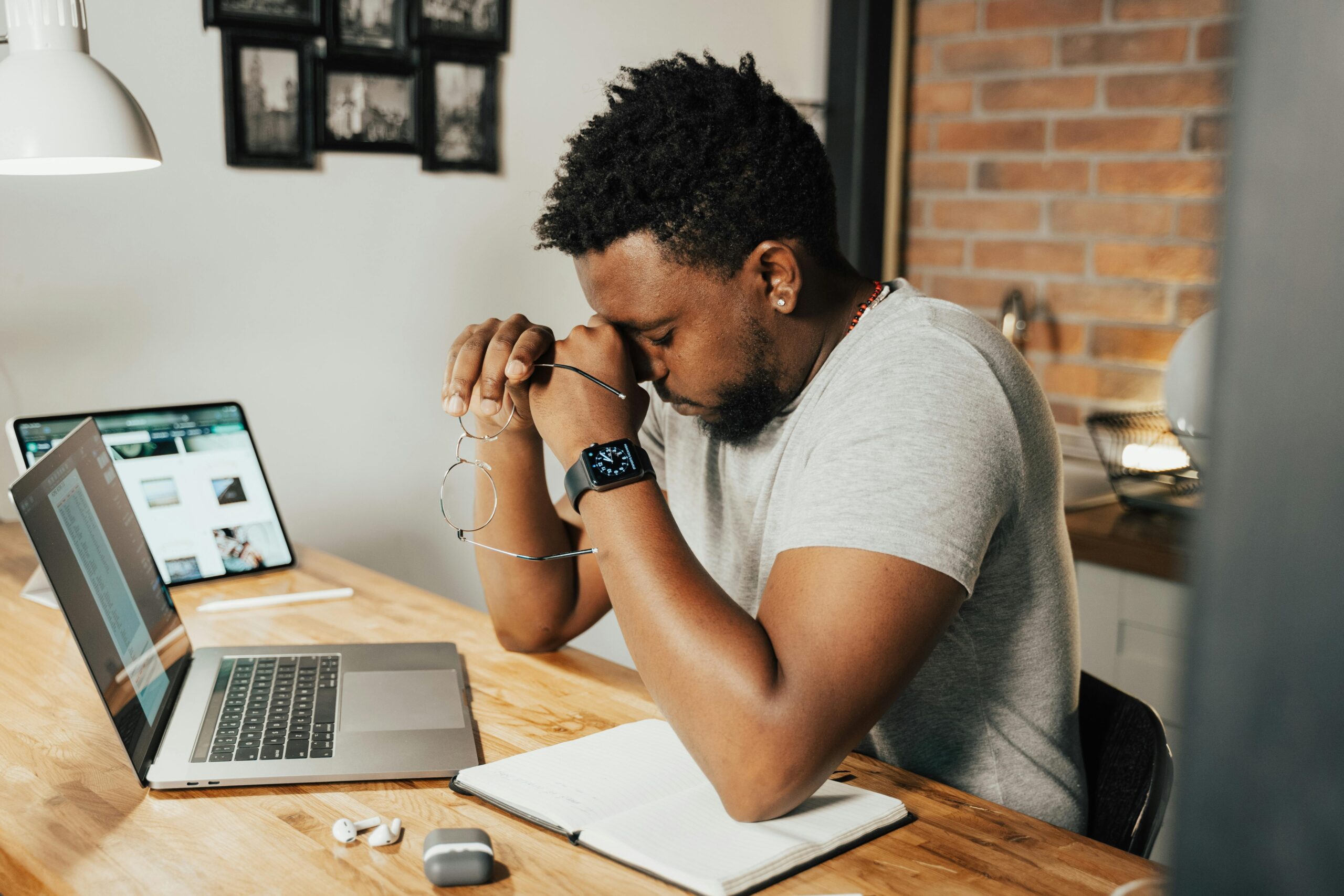
Celebrating Labour Day: Importance of Rest and Relaxation
Labor Day, celebrated in many countries, is more than just a day off. It’s a moment to honor the invaluable contributions of workers to society. However, beyond acknowledging the workforce, Labor Day is a critical reminder of the importance of rest and relaxation. In today’s fast-paced world, downtime is often undervalued, leading to chronic stress, burnout, and reduced productivity. This Labor Day, let’s explore the significance of rest and relaxation and discover practical ways to integrate them into our lives for a healthier, more balanced existence.
The Impact of Chronic Stress
It’s important to understand the effects of chronic stress before we dive into the benefits of rest. When we’re constantly on the move, our bodies release stress hormones like cortisol. While these hormones are essential in short bursts, prolonged exposure can lead to a range of health issues, including:
- Heart Disease: Chronic stress increases the risk of heart problems by elevating blood pressure and damaging arteries.
- Obesity: Stress can lead to weight gain by triggering unhealthy eating habits and increasing belly fat.
- Type 2 Diabetes: Stress hormones affect insulin levels, potentially leading to insulin resistance.
- Digestive Issues: Stress can cause stomach problems like irritable bowel syndrome (IBS) and worsen existing conditions.
- Weakened Immune System: Prolonged stress weakens the immune system, making the body more susceptible to infections.
- Mental Health Disorders: Chronic stress is a major contributor to anxiety, depression, and other mental health conditions.
These health concerns highlight that rest and relaxation aren’t just luxuries—they’re necessities for overall well-being.
Unplugging to Relax
One of the most effective methods to relax is by unplugging from technology. Constant exposure to screens is linked to eye strain, headaches, and sleep disturbances. This Labor Day, consider taking a digital detox. Engage in activities that don’t require technology—spend time in nature, pursue hobbies, or simply enjoy quality time with loved ones. Disconnecting from the digital world allows your mind to rest and recharge, reducing stress levels and enhancing your overall well-being.
Rest and Relaxation: Boosting Productivity
Ironically, taking breaks can actually increase productivity. When we work without rest, our minds become fatigued, reducing our ability to focus and think creatively. Incorporating short breaks throughout the day can significantly improve concentration, creativity, and problem-solving skills. A well-rested mind is more efficient and better equipped to handle challenges.
Creating a Relaxing Environment
To maximize the benefits of rest and relaxation, it’s essential to create a soothing environment. Your surroundings play a crucial role in how well you can unwind. Consider these tips for creating a peaceful space:
- Declutter: A tidy space can help reduce anxiety and promote a sense of calm.
- Comfortable Furniture: Invest in furniture that supports your body and encourages relaxation.
- Calming Elements: Incorporate plants, soft lighting, and soothing colours to create a tranquil atmosphere.
- Designated Relaxation Area: Dedicate a specific area of your home to relaxation. Whether it’s a cozy corner with a comfortable chair or a quiet room where you can meditate, having a designated space can make it easier to unwind.
The Benefits of Mindfulness and Meditation
Mindfulness and meditation are powerful tools for reducing stress and promoting relaxation. These practices encourage you to focus on the present moment without judgment, helping to quiet the mind and ease tension. Regular meditation can improve mood, reduce anxiety, and enhance overall well-being. This Labor Day, take some time to explore mindfulness practices—whether through guided meditation, deep breathing exercises, or simply being present in the moment.
Sleep: The Ultimate Restorative
Sleep is a fundamental component of rest and relaxation. During sleep, our bodies repair themselves, and our minds consolidate memories, making it essential for both physical and mental health. Aim for 7-9 hours of quality sleep each night to ensure your body and mind are fully restored. If you struggle with sleep, consider establishing a bedtime routine, limiting screen time before bed, and creating a sleep-friendly environment.
The Importance of Physical Activity
While it might seem counterintuitive, physical activity is an excellent way to reduce stress and improve sleep quality. Exercise releases endorphins, which are natural mood boosters. Whether you prefer dancing, hiking, swimming, or another form of exercise, incorporating regular physical activity into your routine can enhance your overall well-being. This Labor Day, consider engaging in an outdoor activity that brings you joy and helps you relax.
Achieving Work-Life Balance
Work-life balance is key to long-term well-being. It’s important to set clear boundaries between work and personal time. Avoid checking work emails or taking calls outside of regular work hours. By maintaining these boundaries, you allow yourself to fully relax and recharge, which ultimately makes you more productive during work hours. This Labor Day, reflect on your work-life balance and make adjustments if needed to ensure you’re prioritizing your personal time.
The Role of Social Connection
Human connection is vital for mental and emotional health. Spending time with loved ones, volunteering, or joining social groups can provide a sense of belonging and support. Social interactions can also be a great way to relax and unwind. This Labor Day, reach out to friends or family members and spend some quality time together. Whether it’s a casual get-together or a more structured activity, the social connection will enrich your life and contribute to your overall well-being.
Making Rest and Relaxation a Priority
Incorporating rest and relaxation into your daily life requires conscious effort. Start by identifying your biggest stressors and finding healthy ways to cope with them. Experiment with different relaxation techniques to discover what works best for you. It’s also important to remember that it’s okay to say no to commitments that overwhelm you. Prioritizing your well-being is crucial, and sometimes that means setting boundaries and making difficult choices.
Labor Day serves as a timely reminder of the importance of balance. By understanding the detrimental effects of chronic stress and embracing practices like mindfulness, physical activity, and quality sleep, we can significantly enhance our lives. Let’s make rest and relaxation a cornerstone of our daily routines.












